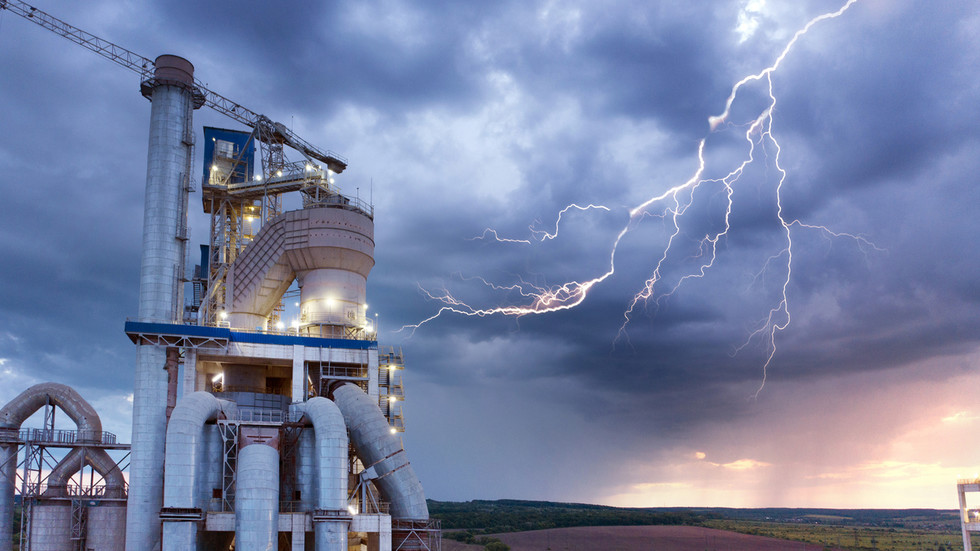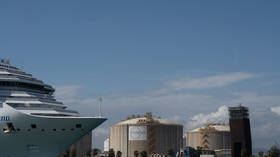
The cost of September futures surged nearly 40% after reports of an upcoming strike at LNG facilities in Australia

© Getty Images / panaramka
Natural gas prices in the EU hit their highest level since mid-June on Wednesday, according to data from the London Intercontinental Exchange (ICE).
The cost of gas futures for September delivery at the TTF hub in the Netherlands surged to an intraday high of more than €43 ($47) per megawatt-hour in household terms, jumping nearly 40% from the previous close.
Gas prices retreated later in the session but extended losses on Thursday. The contract was trading around €38 per megawatt-hour around 13:00 GMT.
Analysts attribute the jump to news of a potential strike at liquefied natural gas (LNG) facilities in Australia, one of the globe’s top three LNG exporters, alongside Qatar and the US. According to local media reports, workers at Australia’s Woodside Energy Group and Chevron LNG projects voted in support of the strike on Wednesday as part of a campaign for higher salaries and improvements to job security. The strike could reportedly start as early as next week at five LNG facilities.
Zongqiang Luo, a gas analyst at energy consultancy Rystad Energy, told CNBC in a note that the strike could disrupt around half of Australia’s LNG exports.
“Looking ahead, we expect the bullish outlook for gas prices to continue with fewer LNG imports to Europe,” Luo predicted.

While European gas storage facilities are currently around 88% full, the lack of exports from Australia would lower the total global LNG supply and boost competition for the fuel, pitting Asian and European buyers against each other in their efforts to attract LNG cargoes, analysts warn.
“The loss of contracted volumes from Australia would likely see countries like China looking into the spot market for replacement cargoes, pushing up not only JKM prices (the Asian LNG benchmark) but also European gas prices in another potential price war, as we have seen today,” analysts at RBC Capital Markets said in a note to Reuters.
They warned that the situation may become increasingly difficult if the strike coincides with planned maintenance at gas fields in Norway, the EU’s largest gas supplier. An estimated 1.5 billion cubic meters of production there is expected to go offline later in August and over 2.5 billion cubic meters in September.
For more stories on economy & finance visit RT’s business section




